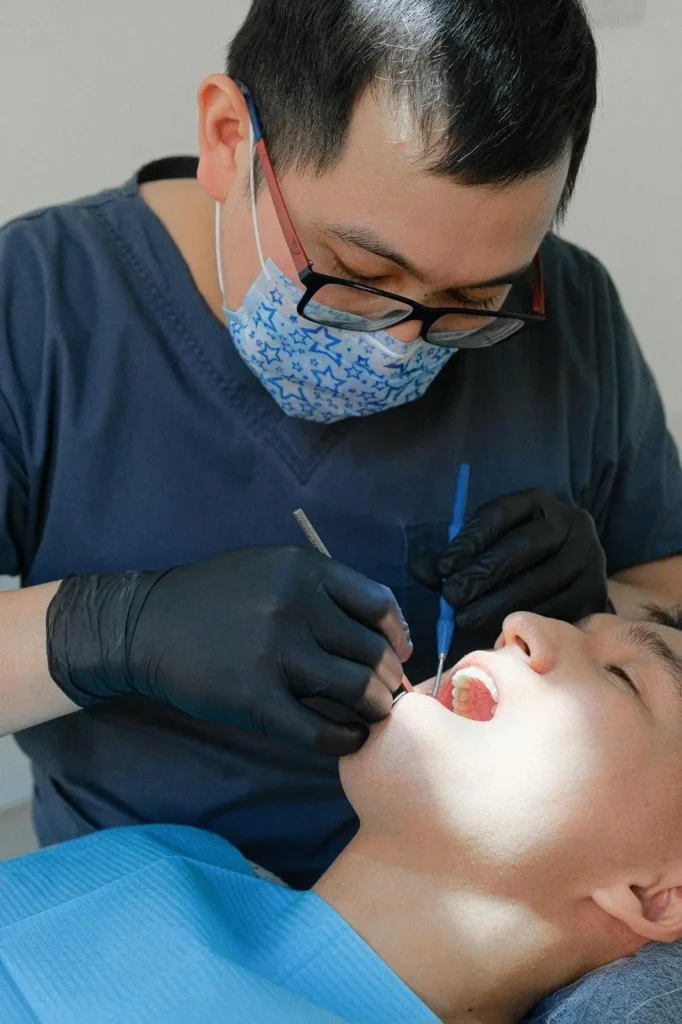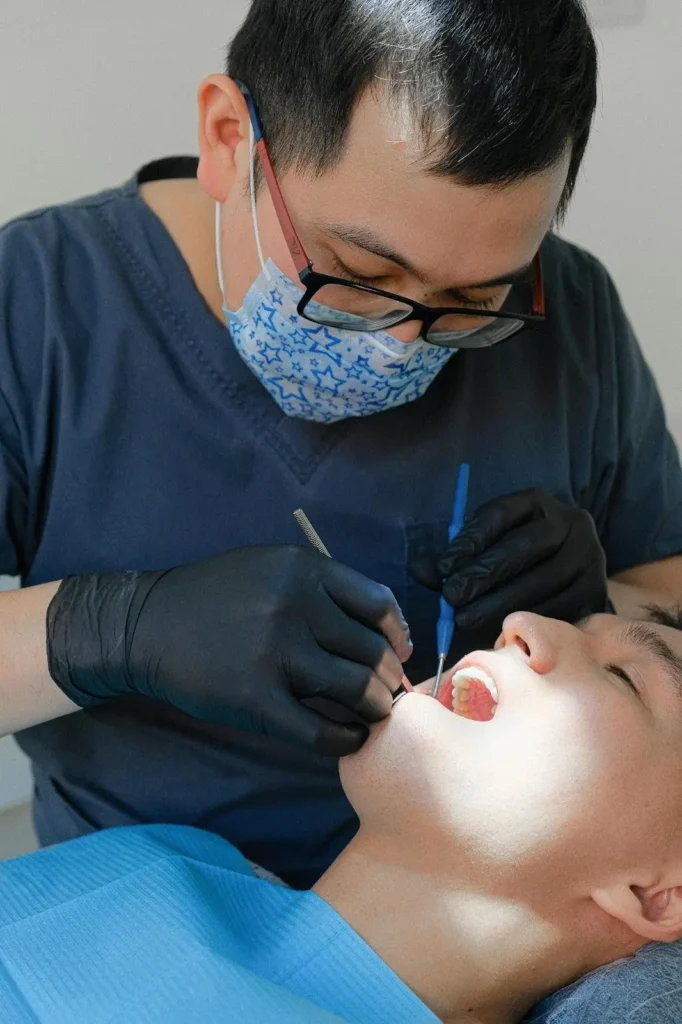Free shipping on all US orders
10% OF OUR PROFIT GOES TO KIDS’N’CULTURE NON-PROFIT ORGANIZATION


One of the most effective ways to reduce dental anxiety is through modern comfort-focused treatments. For example, Mesa sedation dentistry offers options that help patients stay relaxed during procedures – ranging from mild calming methods to deeper levels that allow you to remain comfortable and cooperative without stress.

Great article! I really appreciate the clear insights you shared – it shows true expertise. As someone working in this field, I see the importance of strong web presence every day. That’s exactly what I do at https://webdesignfreelancerhamburg.de/ where I help businesses in Hamburg with modern, conversion-focused web design. Thanks for the valuable content!
A whole world on the tip of a pencil. The story of an artist who proved that true art has no limits and that it is never too late to start all over again.
International fashion icon and symbol of Parisian style, Ines de la Fressange is one of the most famous women in France.
Anastasia Pilepchuk is a Berlin-based artist with Buryat roots. She creates masks and face jewellery inspired by the nature and the culture of her beautiful region.
A whole world on the tip of a pencil. The story of an artist who proved that true art has no limits and that it is never too late to start all over again.